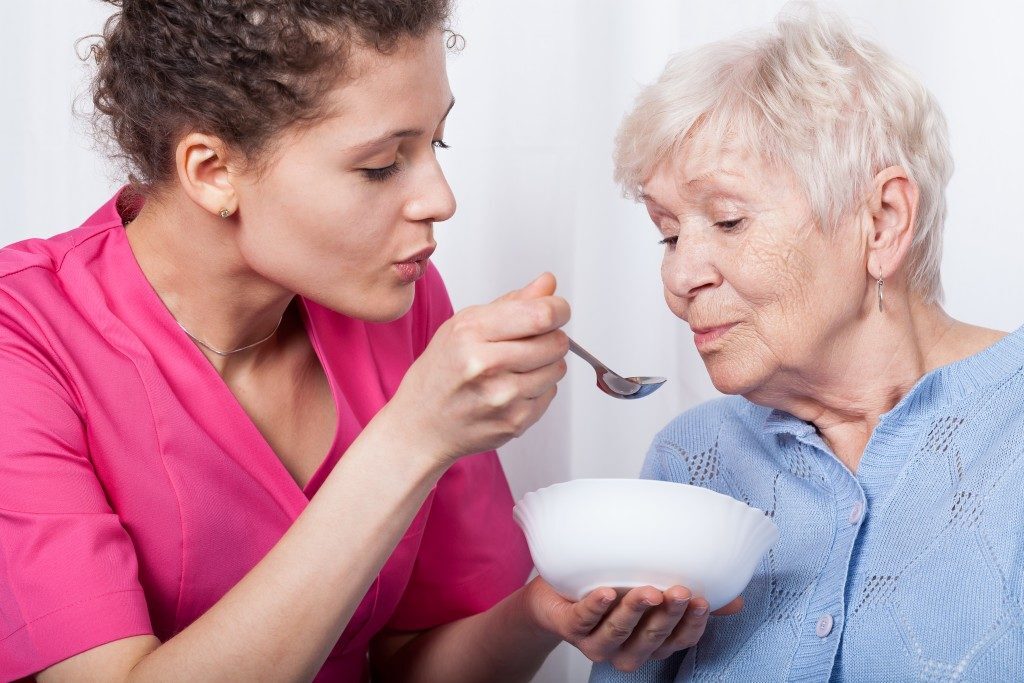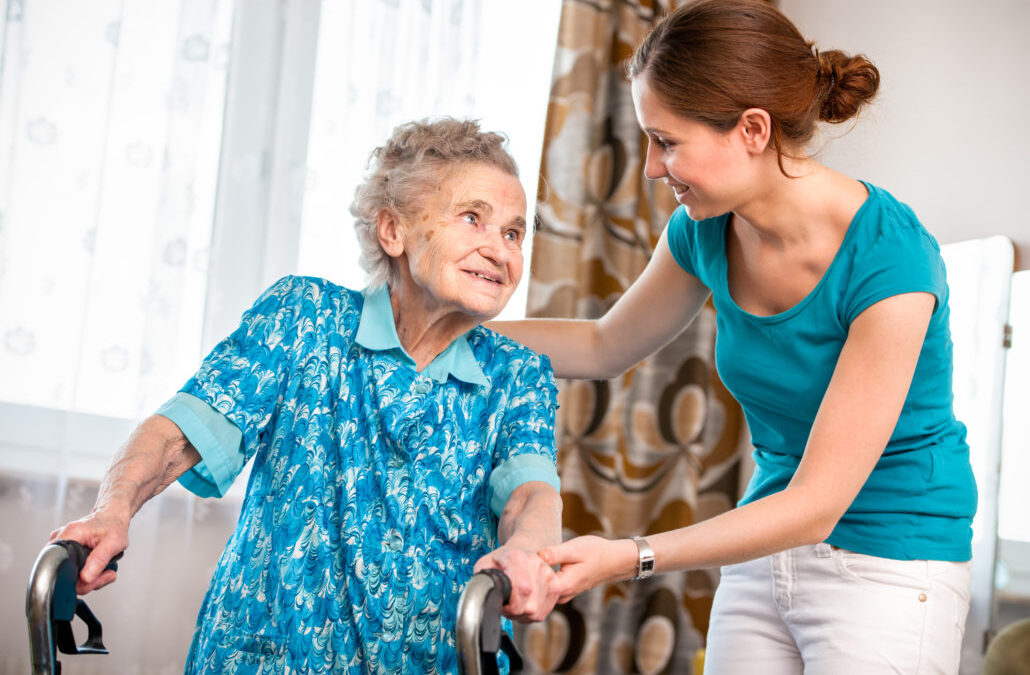For the most part, home is a haven of peace and refuge. It’s where we find solace in our friends, family, and everyday routines. Patients also express concern about losing their freedom. This loss of control is one of the main reasons, so many people choose to die at home, surrounded by their loved ones.
Hospice care is a form of care provided to patients nearing the end of their lives and having life-limiting illnesses. When a patient’s treatment for a serious illness becomes too much, hospice care, a medical franchising facility, may be an appealing option to help them get through their final days.
What To Expect
A nurse from the hospice care team meets with the family as soon as possible. This hospice consultation will take place at the family’s convenience, such as at their home, the hospital, or a public location such as their office or a nearby coffee shop.
The hospice care team discusses the benefits of hospice at this first meeting. The team will evaluate the patient’s and family’s needs and create a care plan that outlines what the family should expect from hospice at home.
To know more about what to expect in at-home hospice care, keep on reading.
Emotional and Spiritual Support
Regret, anger, and sorrow are common emotions experienced by those approaching the end of life. Many people want to repair broken relationships, heal damaged feelings, and grow closer to friends and loved ones as time passes. Hospices have trained spiritual and emotional counselors who can assist your loved one in achieving spiritual and emotional harmony before death.
Pain and Symptom Management
The pain and complications associated with your loved one’s terminal illness will need to be managed as the illness progresses. Your loved one’s care team will keep a close eye on their needs and devise a treatment plan that is both in line with their end-of-life care preferences and tailored to provide maximum comfort.
Assistance with Activities of Daily Living

Eating, toileting, washing, and dressing are common aspects of our everyday routine that we take for granted, but as the terminal illness progresses, these activities may become more difficult for your loved one. Hospice employs highly-trained nurses and aides who will assist your loved one with these everyday tasks in the comfort and protection of their own home while maintaining their dignity.
Nutritional Care
If your loved one’s terminal disease progresses and the body starts to die, he or she may be unable to process as many calories, adequately absorb their daily food intake, or even process food and drink at all. Hospice care will assist both the patient and you, the caregiver, in determining what dietary intake is appropriate and when and how to make dietary changes as required.
Regular Visits From Hospice Care Team
Members of the excellent hospice team ensure that patients in their care are relaxed, pain-free, and able to achieve the best possible quality of life.
On average, hospice team members visit 5-6 times a week. They provide physical, mental, and spiritual support to the patient by treating pain, managing symptoms, addressing dietary needs, keeping an eye out for emotional problems, and providing support. Members of the team also advise the patient’s family caregiver how to offer the best personal treatment possible.
Delivery Of Necessary Medication
The ordering, distribution, and setup of the medicine a patient requires to relieve their symptoms may be coordinated by hospice providers. Instead of leaving terminally ill patients home alone to go to the hospital to purchase drugs, the patient and family can still enjoy much time with each other.
Delivery of Medical Equipments

Your hospice provider provides and delivers medical equipment and medical supplies that provide the best access to daily needs for both the caregiver and the patient. In reality, most home preparation decisions should take into account the needs of both the caregiver and the patient. Eliminating obstacles for the caregiver means less tension and more time to spend together on important occasions.
Medical equipment may include:
- Hospital bed
- Walker
- Wheelchair
- Geriatric chair
- Oxygen equipment
- Shower chair
- Bedside commode
Medical supplies may include:
- Bandages
- Oxygen tubing and supplies
- Gloves
- Wet wipes
- Personal care products
Start Your Hospice Care Journey Today
It may be difficult to find the right hospice care that is perfect for your loved one. Signal HG, on the other hand, offers expert, systematic assistance in the process. They have been a pioneer in the industry and offer some of the best training and services and quality service for patients. They also offer a hospice care franchise if you are interested in purchasing one. Check them out today.
Louie is the father behind the travel blog Browseeverywhere.com. He has a background in photography, E-commerce, and writing product reviews online at ConsumerReviews24. Traveling full time with his family was his ultimate past-time. If he’s not typing on his laptop, you can probably find him watching movies.


